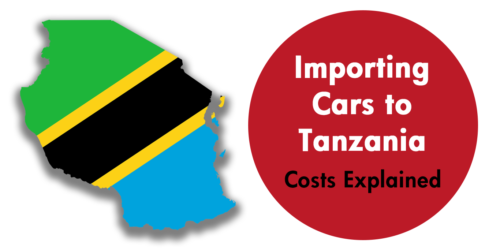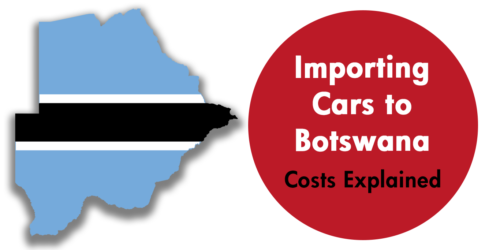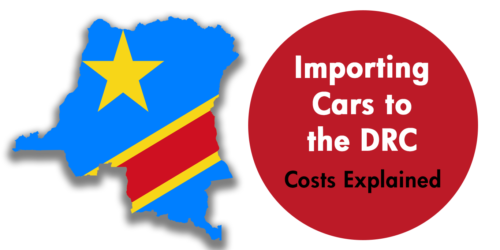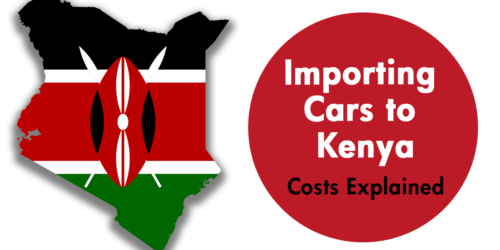Uganda Car Import Guide: Taxes, Duties and Regulations
Ugandan citizens, just like many other developing countries in Africa, prefer importing used cars—especially from Japan. While used Japanese cars tend to be more popular, cars imported may also be new, hence some regulations have been put in place to manage the importing process.
Here we shall take a look at the differing factors, taxes, and regulations that can affect the overall cost of importing a used Japanese car to Uganda.
What Cars Are Allowed in Uganda?
There is no age restriction for cars imported to Uganda, and both left-hand and right-hand drive vehicles are permitted to export into the country. However, a compulsory inspection of all cars imported into Uganda is required in order to ensure it meets certain standards.
Imported Vehicle Inspection
Used cars must undergo a “Road Worthiness Inspection” performed by JEVIC. The inspection ensures the car has genuine mileage, and that its tires, brakes, and lights are all in good condition. The car must also not be hostile or damaging to the local environment, such as emitting toxic gases due to a malfunctioning engine or having overly rusted parts.
Importing a Car to Uganda
The person importing the car may use either the port of Mombasa in Kenya or Dar-Es-Salaam in Tanzania, since Uganda is a land locked country. There is not much difference in terms of cost between the ports, and the option is merely based on the importer’s preference. The importer can also choose to follow the procedures personally or use a clearing agent for a fee.
In addition to the JEVIC inspection which verifies the suitability of the car, there are documents and payments needed to facilitate clearance. A road worthiness inspection is conducted to prevent the dumping of unroadworthy vehicles into the country, which not only pose a threat to the life of citizens but also to the environment. This is especially due to the reason that there is no age limit on the cars imported.
Taxation & Duties for Importing to Uganda
The dutiable value on imported cars in Uganda is determined in accordance with The General Agreement on Trade and Tariffs (G.A.T.T) valuation method. The taxes include:
- Import duty of 15% of dutiable value
- Value added tax (VAT) is 17% of VAT value
- 2% import commission of Dutiable Value
- Withholding Tax is 6% of Dutiable Value
- Excise duty of 10% on selected cases
Some of the documents required for the clearance of the imported vehicles include:
- Original bills of lading
- Inventory in triplicate
- Consignee’s original passport
- Invoice or valuation for the vehicle
- Original logbook of the car
These measures are put in place to protect tax evasion by some unscrupulous citizens.
Clearance Agents vs. DIY
Importers have the option of completing the procedure themselves, or to hire the services of an agent. Agents are familiar with current requirements, regulations, and taxes so they are in a position to offer respected clearance services.
It is advisable to use a trusted agent in the process, as this will save the importer from any issues that may arise if they choose to process the clearance themselves. In addition, an agent can transport the car up to the Uganda border for the owner to collect it there, as opposed to moving across countries to travel to the port location.
Popular used Japanese car exporters such as BE FORWARD offer trusted clearing services in addition to missing parts guarantees and local services for Ugandans, with multiple offices in Kampala.






